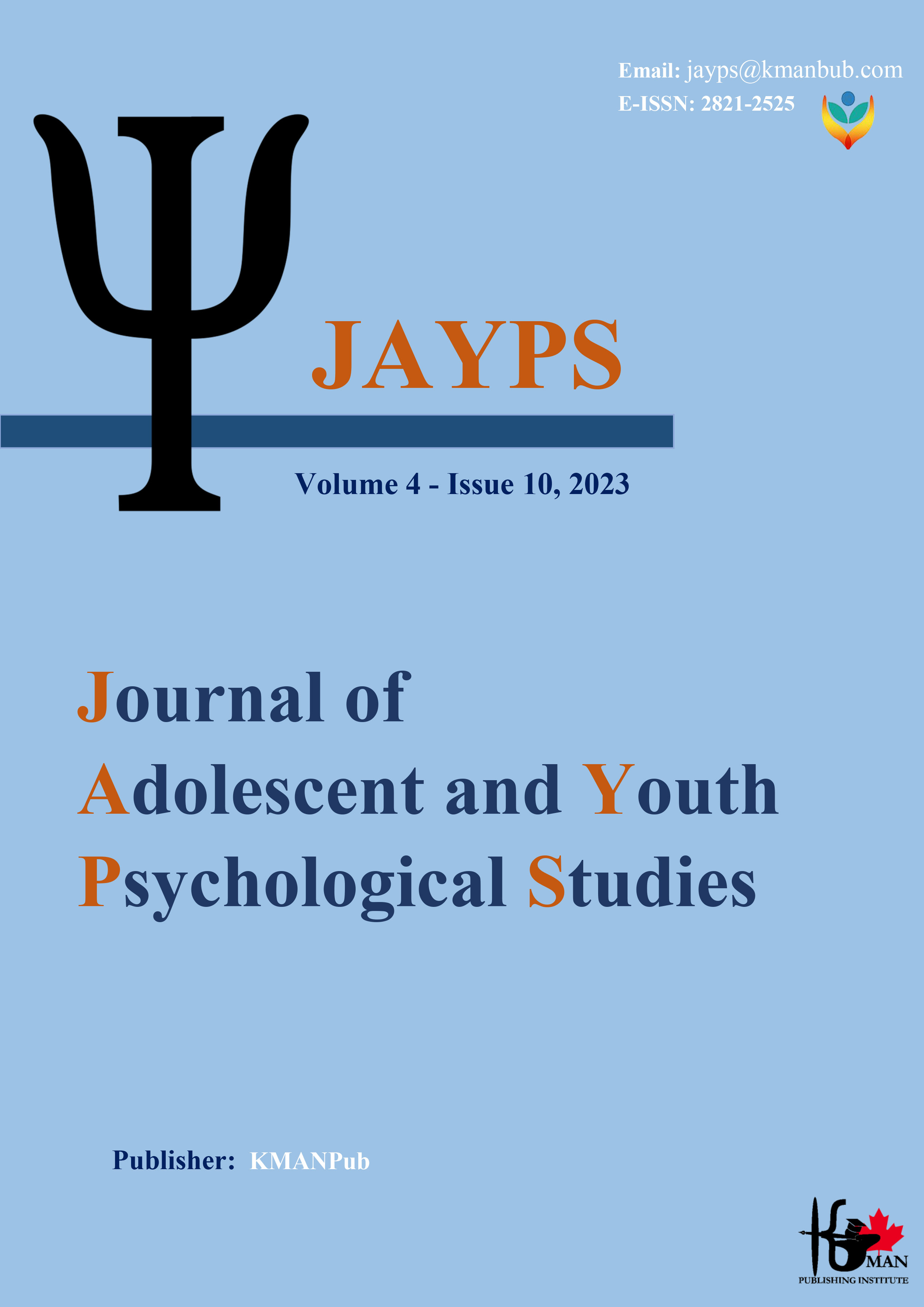Prediction of academic well-being based on school atmosphere and identity, family communication patterns and social-emotional competence of secondary school students in Sari city
Keywords:
academic well-being, school identity, family communication patterns, social-emotional competenceAbstract
Background and Aim: Students with academic well-being are more successful than their peers in overcoming adversities and academic stress due to having a balance of emotional and academic functions. Therefore, the aim of the current research was to predict academic well-being based on school atmosphere and identity, family communication patterns, and social-emotional competence of secondary school students in Sari city. Methods: The present study was a descriptive and correlational study. The statistical population of the present study consists of all the students of the second secondary level of Sari city in the academic year 2020-21. After explaining the objectives of the research and getting the participation and cooperation of the subjects, the questionnaires were distributed among the students, and by discarding the distorted data, 369 people remained and were examined as the research sample. The research tools include Tominen-Sweeney et al.'s academic well-being questionnaire (2012), Lee et al.'s school climate and identity questionnaire (2017), Ritchie and Fitzpatrick's family communication pattern questionnaire (1990), and Zhu and Ji's emotional and social competence questionnaire (2012). Results: The findings show that there is a significant relationship between academic well-being with school atmosphere and identity (r=0.72), family communication patterns, dialogue orientation (r=0.43) and social emotional competence of students (r=0.69). According to the results of the regression analysis, 39% of the variance of academic well-being It can be explained by the predictor variables of school atmosphere and identity, emotional competence of students, and orientation of dialogue and listening, that atmosphere and identity contributes 43% in predicting academic well-being and is the best predictor of academic well-being in students. Conclusion: Holding psycho-social empowerment workshops for secondary school students, considering that they are going through the challenging period of adolescence, can lead to the improvement of social-emotional competence in students and finally higher academic performance.
Downloads
Downloads
Additional Files
Published
Submitted
Revised
Accepted
Issue
Section
License

This work is licensed under a Creative Commons Attribution-NonCommercial 4.0 International License.









